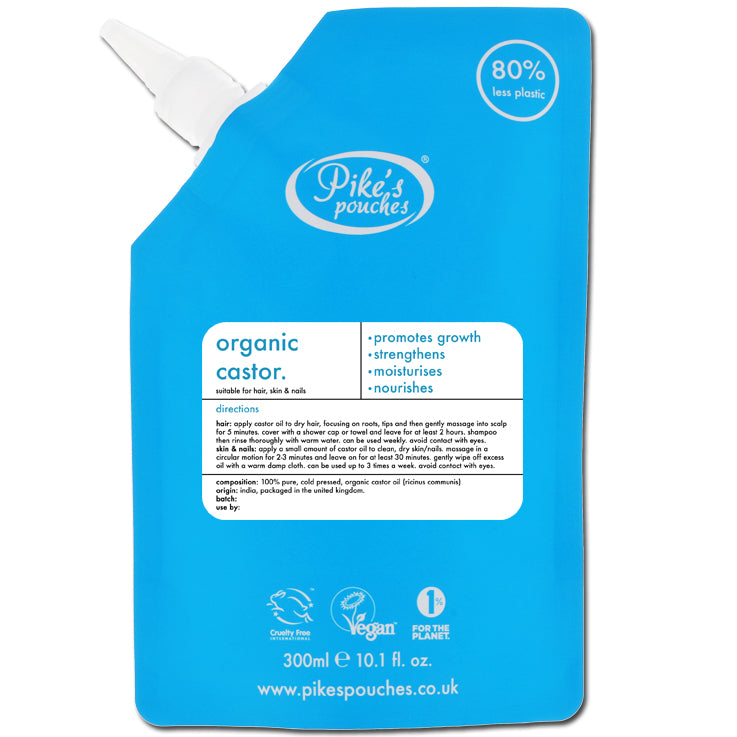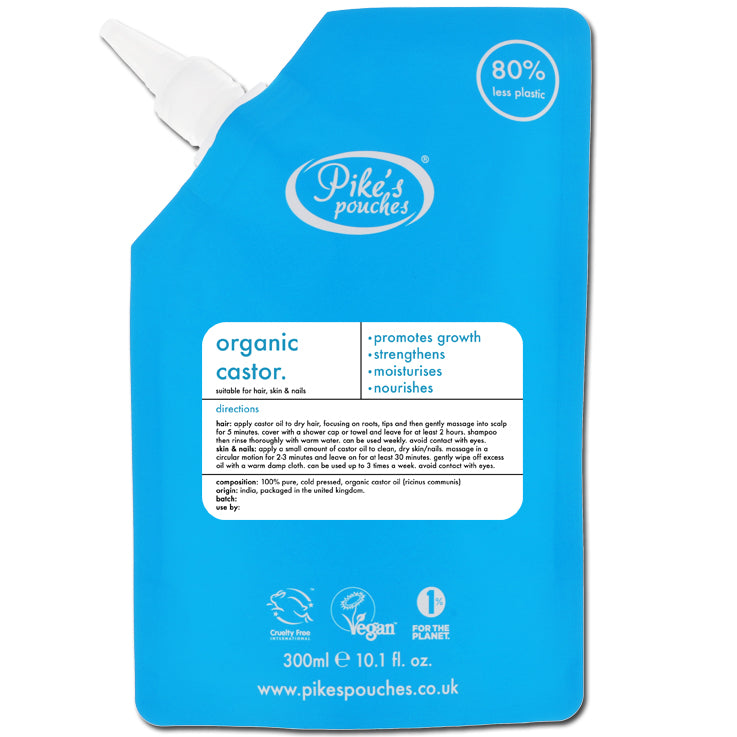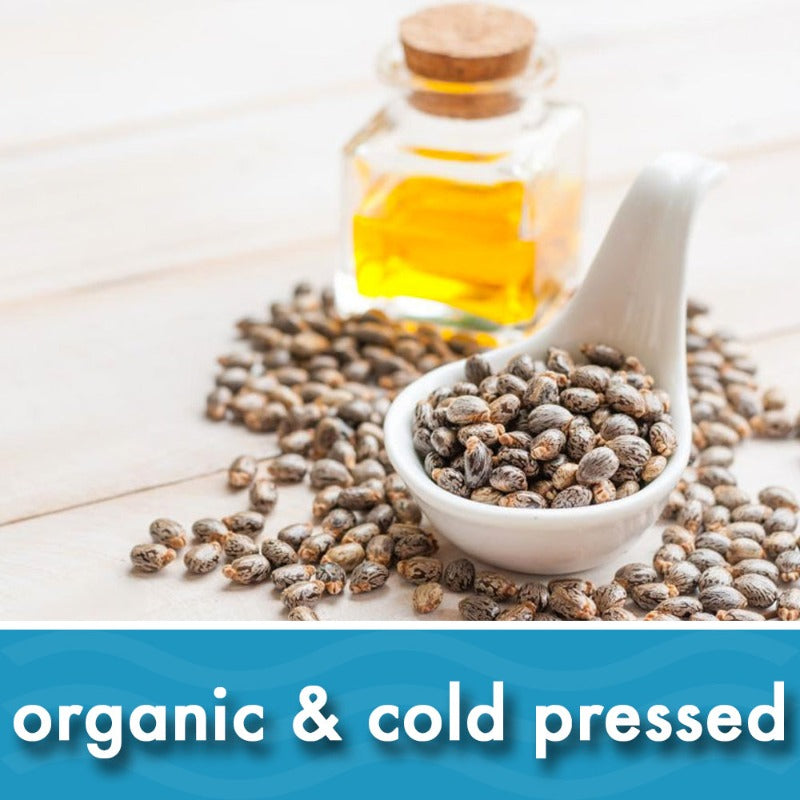Estimated reading time: 5 minutes
Introduction
In the pursuit of holistic pet care, many dog owners are turning to natural remedies to enhance their furry friends' well-being. One such remedy that's gaining popularity is castor oil. In this article, we'll explore the safety, potential benefits and proper application methods of castor oil for dogs.
Table of Contents:
- Is Castor Oil Safe for Dogs?
- Potential Benefits for Canine Companions
- How to Safely Apply Castor Oil to Your Dog's Skin
- Incorporating Castor Oil into Your Dog's Diet
- Conclusion: Nurturing Your Dog Naturally
Is Castor Oil Safe for Dogs?
Before incorporating any new element into your dog's care routine, it's crucial to address safety concerns. Castor oil is derived from the castor bean plant and is generally safe for dogs when used appropriately. However, it's essential to consult with your veterinarian before introducing it into your pet's regimen, especially if your dog has pre-existing health conditions or is on medication.
Potential Benefits for Canine Companions
Soothing Skin Conditions: Castor oil is renowned for its moisturising properties, making it a potential remedy for dry or irritated skin in dogs. It may offer relief from conditions like dry patches, hot spots or minor skin irritations.
Boosting Coat Health: The omega-6 fatty acids present in castor oil contribute to a healthy and shiny coat for your dog. Regular application may help address issues such as dullness or excessive shedding.
Addressing Joint Discomfort: Some dog owners have reported positive effects of castor oil in alleviating joint discomfort in their pets. While research is ongoing, anecdotal evidence suggests potential benefits for dogs with arthritis or joint-related issues.
How to Safely Apply Castor Oil to Your Dog's Skin
Patch Testing: Prior to widespread use, perform a patch test by applying a small amount of diluted castor oil to a small area of your dog's skin. Monitor for any adverse reactions, such as redness or itching.
Dilution Ratios: Always dilute castor oil before applying it to your dog's skin. Mix it with a carrier oil like coconut oil in a 1:1 ratio. This ensures a safe and effective application.
Massage Techniques: Gently massage the diluted castor oil into your dog's skin. This not only aids in absorption but also creates a bonding experience between you and your pet.
Incorporating Castor Oil into Your Dog's Diet
Mixing with Food: If you choose to add castor oil to your dog's diet we recommend 100% pure organic castor oil. Start with small amounts and mix it into their food to make ingestion more palatable. Monitor your dog's response and adjust the quantity as needed.
Dosage Guidelines: Consult your veterinarian to determine the appropriate dosage for your dog's size, breed and health status. Too much castor oil can lead to digestive issues, so it's crucial to follow professional advice.
Conclusion: Nurturing Your Dog Naturally
In conclusion, while castor oil shows promise in enhancing the well-being of dogs it's vital to approach its use with caution and consult your veterinarian. With proper care and consideration castor oil can become a valuable addition to your holistic approach to pet health, contributing to a happier and healthier life for your canine companion.













